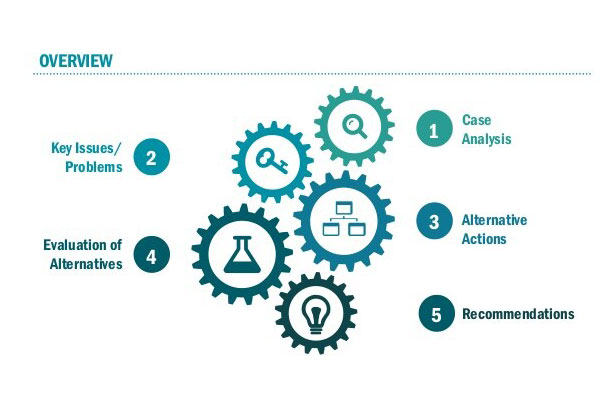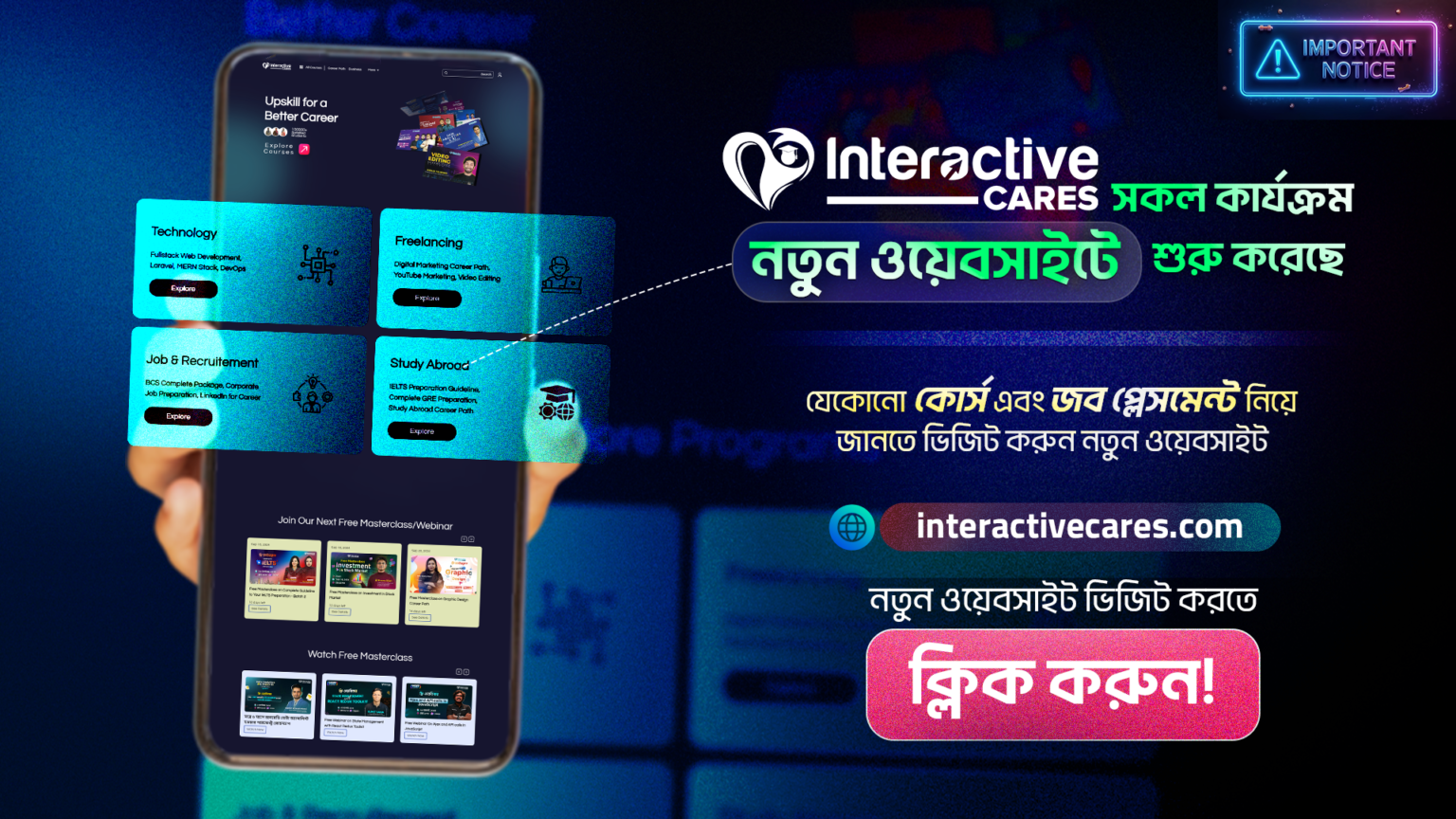Mark Twain once said ‘Never put off till tomorrow what may be done the day after tomorrow just as well’, perhaps he was able to fathom how the minds of the procrastinators work. Procrastination is inherent in most of us; some people are more affected than others. Human beings in general have a tendency to finish projects just before deadlines. If we were given one week for a task that would take only a day to complete, chances are high that most of us do it on the ultimate day, just before the deadline. Good time management skills will help us avoid procrastination and make all of us more productive at work. Here, we have discussed some time management hacks to get rid of our procrastination-
Note down your causes of procrastination: The first step to solve a problem is to know what it actually is. Find your causes of procrastination and note down those. This varies from man to man and so you have to find out yours. Some of the common causes of procrastination include –
- Faulty assumption
- Lack of motivation
- Fear of evaluation
- Perfectionism
- Daydreaming
- Fear of failure
Having a faulty assumption of how much time a particular task may take is one of the most common causes of procrastination. Many people don’t find the motivation behind doing the work and some don’t start because they feel afraid of being evaluated. Some of us are perfectionists, they won’t start until they get all the details correct. Some people daydream without actually doing anything. The fear of failure also inhibits many of us to start a task.
Write down all current projects: Writing down all the projects we are working on gives us a clear picture and removes a burden from our brain. Once all the projects are noted we can rank them according to their priority. This will ensure that we are doing our most important project on time.
Break tasks into smaller goals: We start every new project with new energy but after some time we lose the initial zeal. One way to solve this problem is to break tasks into smaller goals, achieve those, take a break, and start anew. Taking a break between work helps us to get recharged.
Find the right period for you: We are not equally productive all day. Some of us are more productive at night and some of us are most productive in the morning. Find out the best hours for you. Allocate your most important task for your most productive period.
Understand your working pattern: Many people find it effective to do small insignificant tasks in between important large tasks. They claim that those insignificant tasks help them to remain stress-free. Others find it effective to do all the important tasks at once, they say putting insignificant tasks in between causes distraction. You have to find which suits you best.
Do similar tasks together: Jumbling up different types of tasks is not a good idea. It takes a shift of mindset to settle down on a task. Doing this shift frequently hampers our focus and thus affect our overall productivity. Focus is the key to doing any work properly so we should do similar tasks together.
Turn the task into a challenge: All of us love challenges. When we start to see every task as a challenge, we feel an urge to complete it. Turning a task into a challenge and completing it boosts our self-confidence.
Reward yourself for completing a task: When we have an obvious incentive, we do everything more seriously. Rewarding ourselves for completing a task is considered as a very effective technique. You chose what reward you want to take but doing so will surely create an urge inside you to finish the task and will help you avoid procrastination.
Track your time: Keep a note for every task you do and how long it took. You can use notepad but using your smartphones is a better solution. There are many mobile applications that allow us to keep track of our time. Having a clear idea about which task took how long will help us to schedule it better when we do it next time. Tracking time also helps to reflect on our routine and lessen time wastage.
Time management techniques vary from person to person. There is no surefire way so you have to find what works best for you. But if you are reading this, it means you feel an urge to get rid of procrastination and improve your time management. That’s the most important part- you have to have a strong determination to improve and take steps in the right direction. After all ‘The key to getting ahead is getting started’.








































